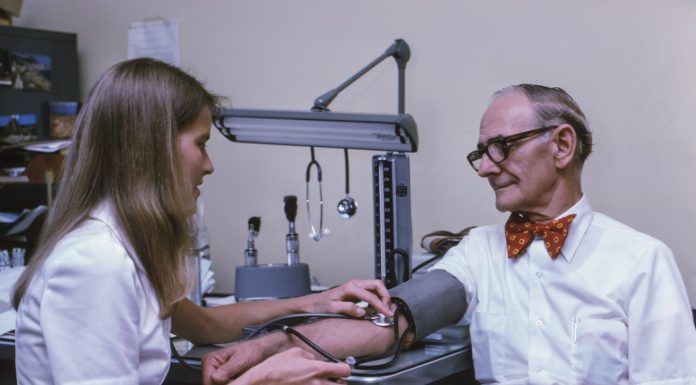Unfortunately, respiratory problems are common in individuals over 50 years old. From struggling to catch your breath to developing full-fledged COPD, these issues can prevent you from staying as active as you desire. Ultimately, they keep you from living your best life. These are a few ways seniors can improve their respiratory health and preserve their lifestyles in the years to come.
Stay Physically Active
You can keep your lungs healthy by sticking to a regular exercise routine. As we move around, our lungs work hard to supply the rest of our bodies with oxygen. This trains them and maintains their strength—even as we age. Participating in regular activities such as walking or swimming can keep you active later in life.
Practice Breathing Exercises
You can also improve your lung function by partaking in the occasional breathing exercise. Just like any other part of the body, you must work out your lungs to make them healthier. Breathing exercises allow seniors to do just that by testing their air capacity and teaching their lungs how to breathe properly. This can help prevent the symptoms of certain respiratory conditions and, in some cases, even keep them from developing in the first place.
Embrace a Healthy Diet
Make sure that you adopt a healthy diet. While this might not seem to tie into respiratory health, unhealthy eating is linked to an increase in weight—and when a person’s weight increases, their lungs often struggle to take in oxygen. You should eat plenty of fruits and vegetables daily.
Monitor Your Oxygen Saturation
Another effective way seniors can improve their respiratory health is by staying informed. Home pulse oximeter sensors allow individuals to track how well they breathe by taking readings of how much oxygen is present in their blood. This is especially useful for managing the symptoms of asthma or COPD. If you want to take a more active role in your respiratory health, try learning how to interpret these readings, and use them to your advantage.























